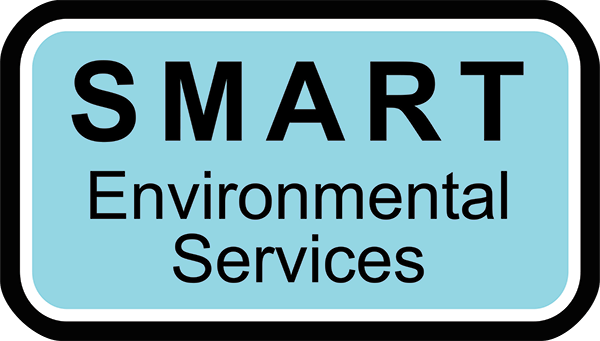Stachybotrys chartarum is the scientific name for the strain of mold commonly referred to as “toxic black mold”. It is usually dark black but can be other various colors and can be found anywhere in your home. This type of mold releases mycotoxins, a toxic substance present in mold spores that can be dangerous when inhaled or ingested. This type of mold typically forms after the material it is on has been wet for 72 hours and needs continued moisture in order to grow further. One of the most common dark colored mold strains is cladosporium which is also common inside and outside of the home.
There have been reports of over 2-3 million different types of molds in the world. While there isn’t evidence for all of them producing mycotoxins, some of these other varieties can cause severe allergy symptoms if you find yourself in close proximity to them.
Unfortunately, the easiest way to tell if a strain of mold can be more dangerous is whether you have symptoms. If you’re experiencing rashes, chronic coughing, sneezing and fatigue, irritation to the eyes, nose, and throat, and persistent headaches, you should seek medical attention and take steps to have the mold removed immediately.
Posted in Mold Removal

